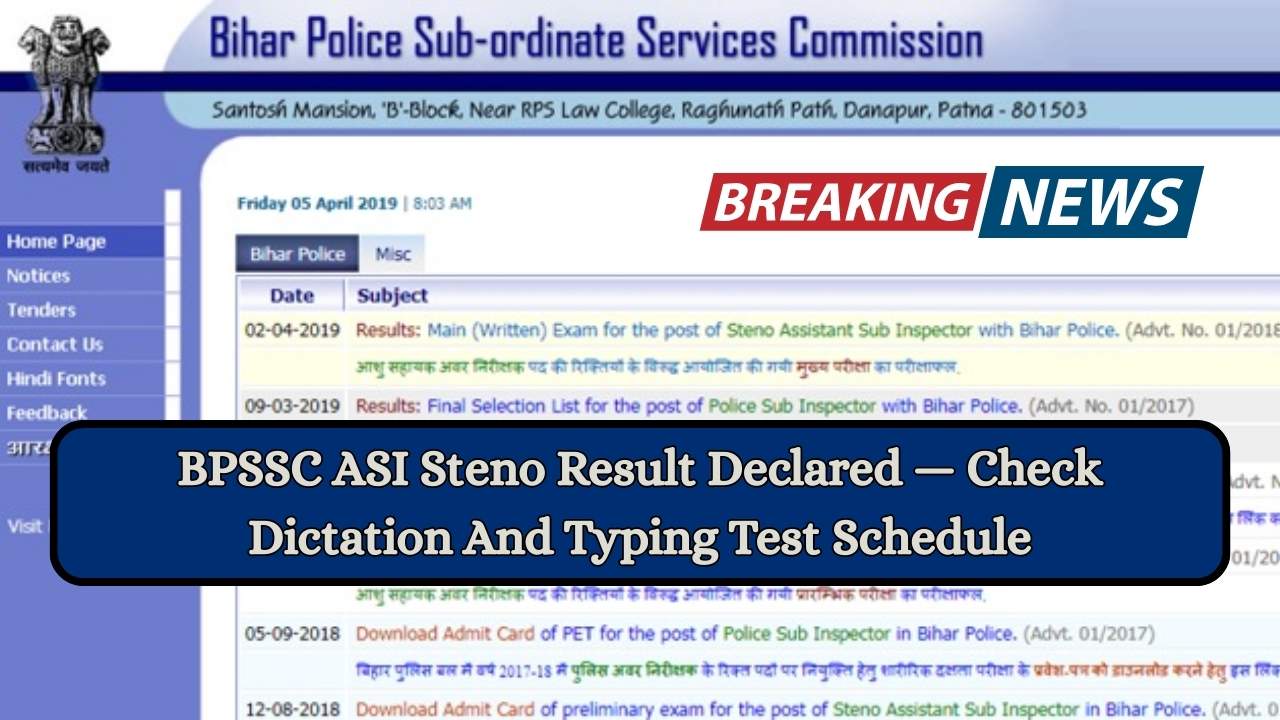New Loan Recovery Rules: In a significant move to protect borrowers and ensure fair practices in the lending ecosystem, the Reserve Bank of India (RBI) has introduced new loan recovery rules that could offer relief to individuals struggling with Equated Monthly Installments (EMIs). These changes, effective from April 2024 and 2025, are designed to improve transparency, fairness, and borrower rights, making it easier for EMI defaulters to manage their debts without undue stress.

New Loan Recovery Rules
| Rule | Description | Effective Date | Source |
|---|---|---|---|
| Mandatory Hearing | Lenders must provide a fair opportunity for borrowers to be heard before declaring accounts as fraudulent. | April 2024 | Financial Express |
| Penal Charges Reform | Penal interest on overdue amounts prohibited; reasonable penal charges allowed with upfront disclosure. | April 2024 | RBI |
| Ethical Recovery Standards | Recovery agents must follow ethical practices, avoid harassment, and carry proper identification. | 2025 | CASHe |
| Structured Recovery Approach | Focus on restructuring and constructive dialogue before legal action. | 2025 | Moneyview |
| Timely Complaint Resolution | Lenders must resolve borrower complaints within 30 days or face penalties. | 2025 | FatakPay |
These reforms mark a positive shift towards a more borrower-friendly financial ecosystem. By focusing on transparency, fairness, and ethical practices, the RBI aims to create a balanced environment for both lenders and borrowers, ensuring that financial hardships do not lead to undue stress or long-term financial damage.
Understanding the Key Changes
1. Mandatory Hearing Before Declaring Accounts as Fraudulent
One of the most impactful changes is the requirement for a fair hearing before lenders can classify a borrower’s account as fraudulent. This step, aligning with a Supreme Court ruling, mandates that borrowers must receive a detailed show-cause notice outlining allegations and giving them at least 21 days to respond. This change aims to uphold the principles of natural justice, preventing arbitrary decisions that could harm a borrower’s financial future.
2. Revised Penal Charges Regime
Starting April 1, 2024, lenders are prohibited from charging penal interest on overdue amounts. Instead, they can impose reasonable penal charges that must be transparently disclosed in the loan agreement. This move prevents the compounding of penalties and ensures borrowers are not unfairly burdened.
3. Enhanced Ethical Standards for Recovery Agents
To protect borrowers from harassment, the RBI has reinforced guidelines for recovery agents. Agents must carry proper identification and avoid using aggressive or intimidating tactics. Lenders must also establish grievance redressal mechanisms to address any misconduct promptly, improving borrower confidence.
4. Structured Approach to Loan Recovery
The RBI is encouraging lenders to adopt a structured, empathetic approach to recoveries, focusing on loan restructuring or extended repayment plans for borrowers facing genuine financial hardships. This approach emphasizes dialogue over litigation, providing a more humane path to debt resolution.
5. Timely Resolution of Complaints
To promote accountability, lenders must resolve borrower complaints within 30 days. This change aims to reduce stress for borrowers and build trust in the financial system.
Is ₹500 Note Being Phased Out? RBI Tells Banks to Stock ₹100 & ₹200 Notes!
Home and Auto Loans Could Get Cheaper Soon – RBI May Cut Repo Rate by 1.5%!
FAQs on New Loan Recovery Rules
Q: What should I do if I receive a show-cause notice from my bank?
A: Respond promptly, clearly explaining your financial situation. Seek professional advice if needed.
Q: Are these changes applicable to all types of loans?
A: Yes, these rules generally cover all retail loans, including personal, auto, and home loans.
Q: How do these changes protect borrowers?
A: They promote transparency, reduce unfair charges, and protect borrowers from harassment.










